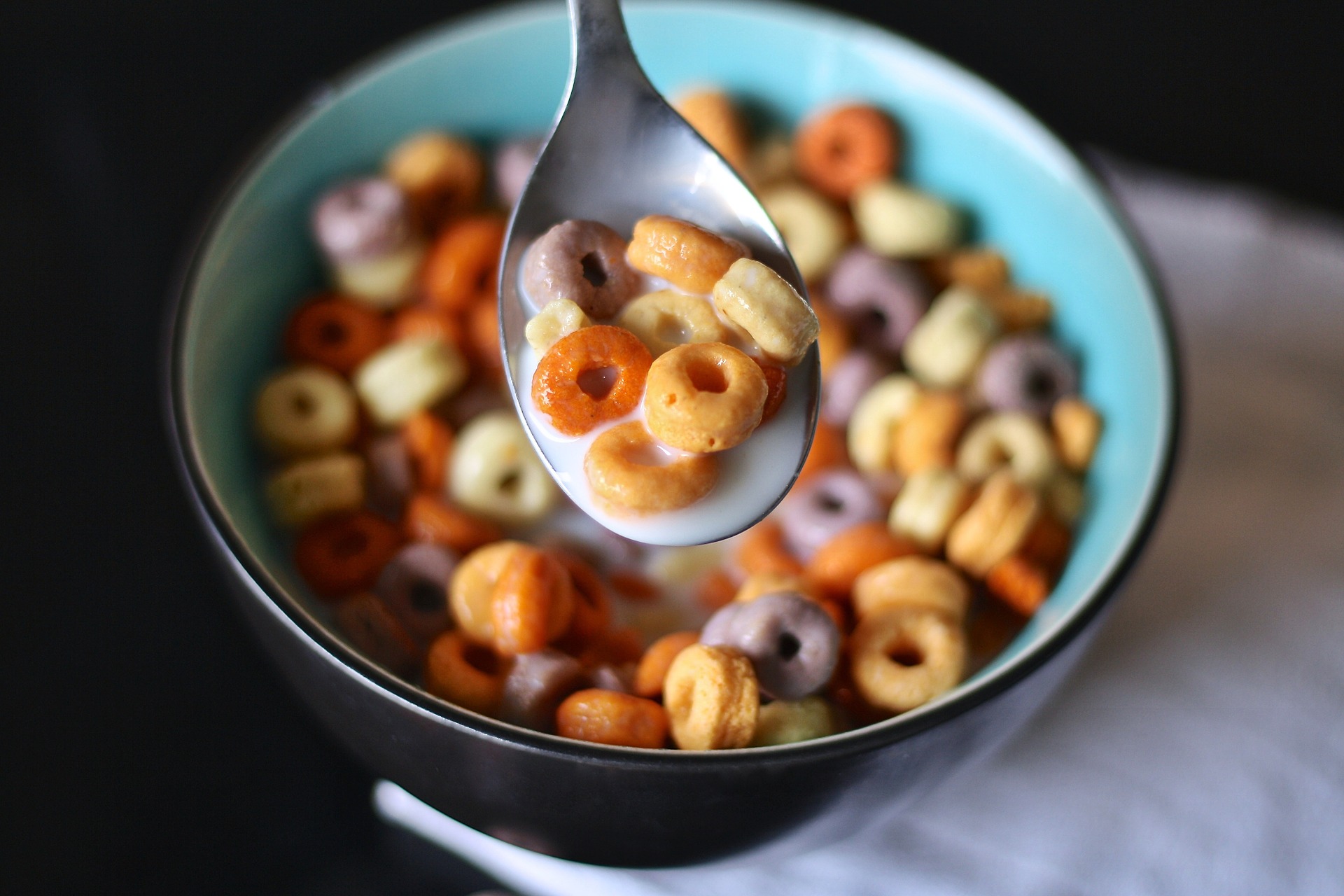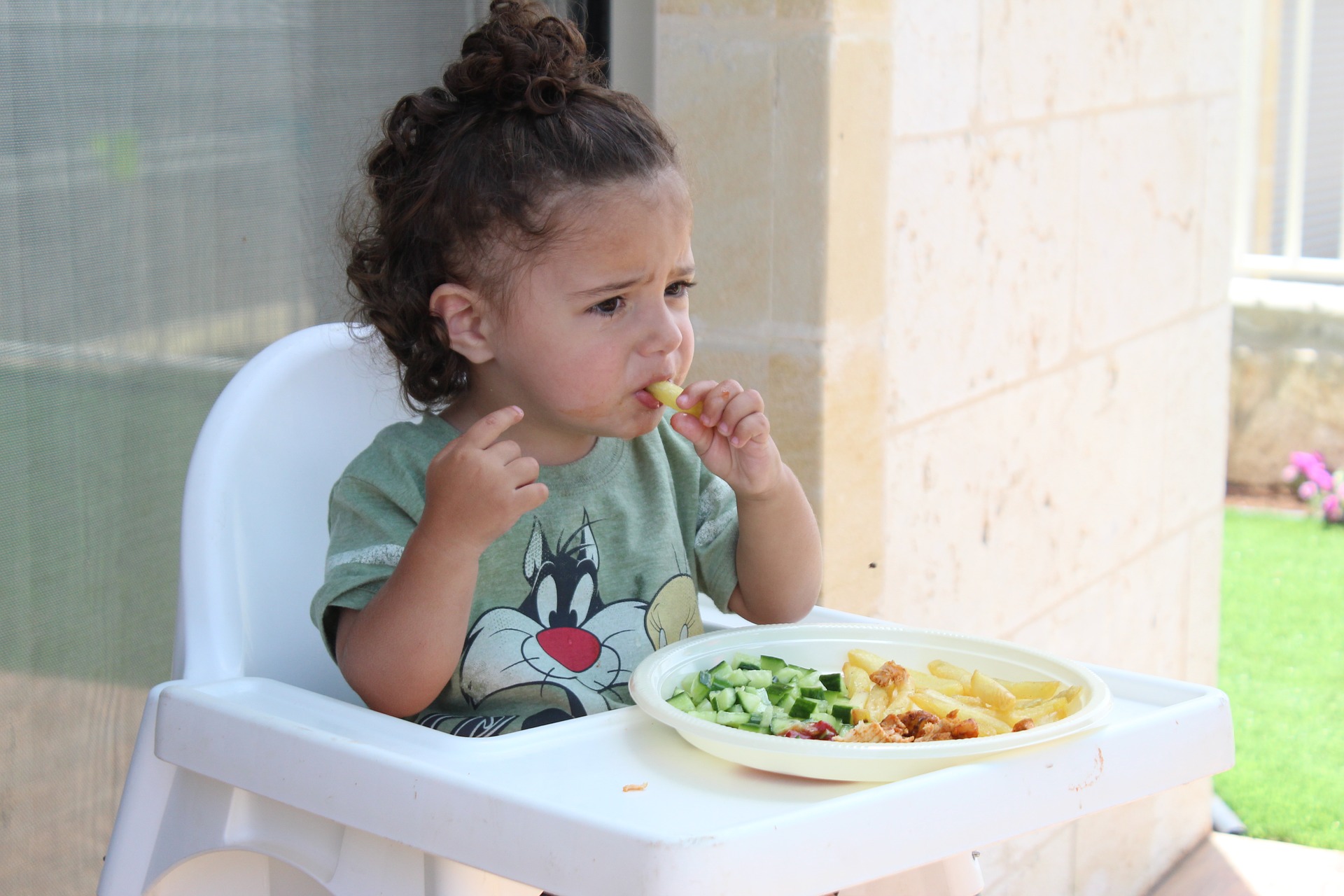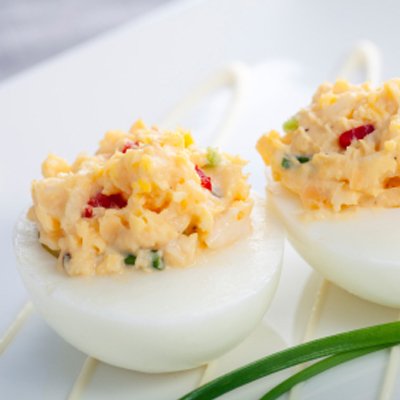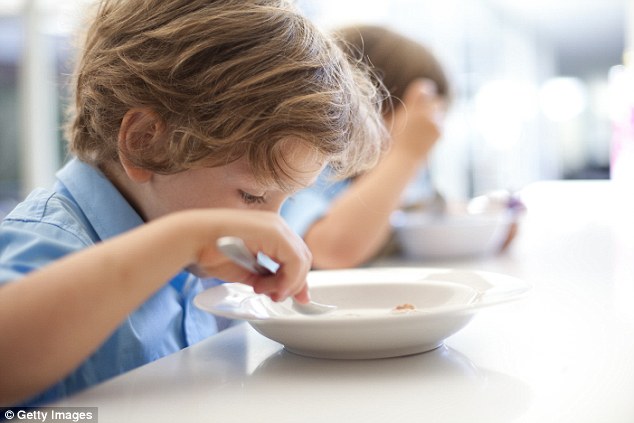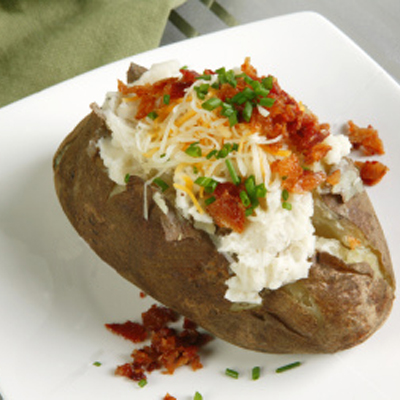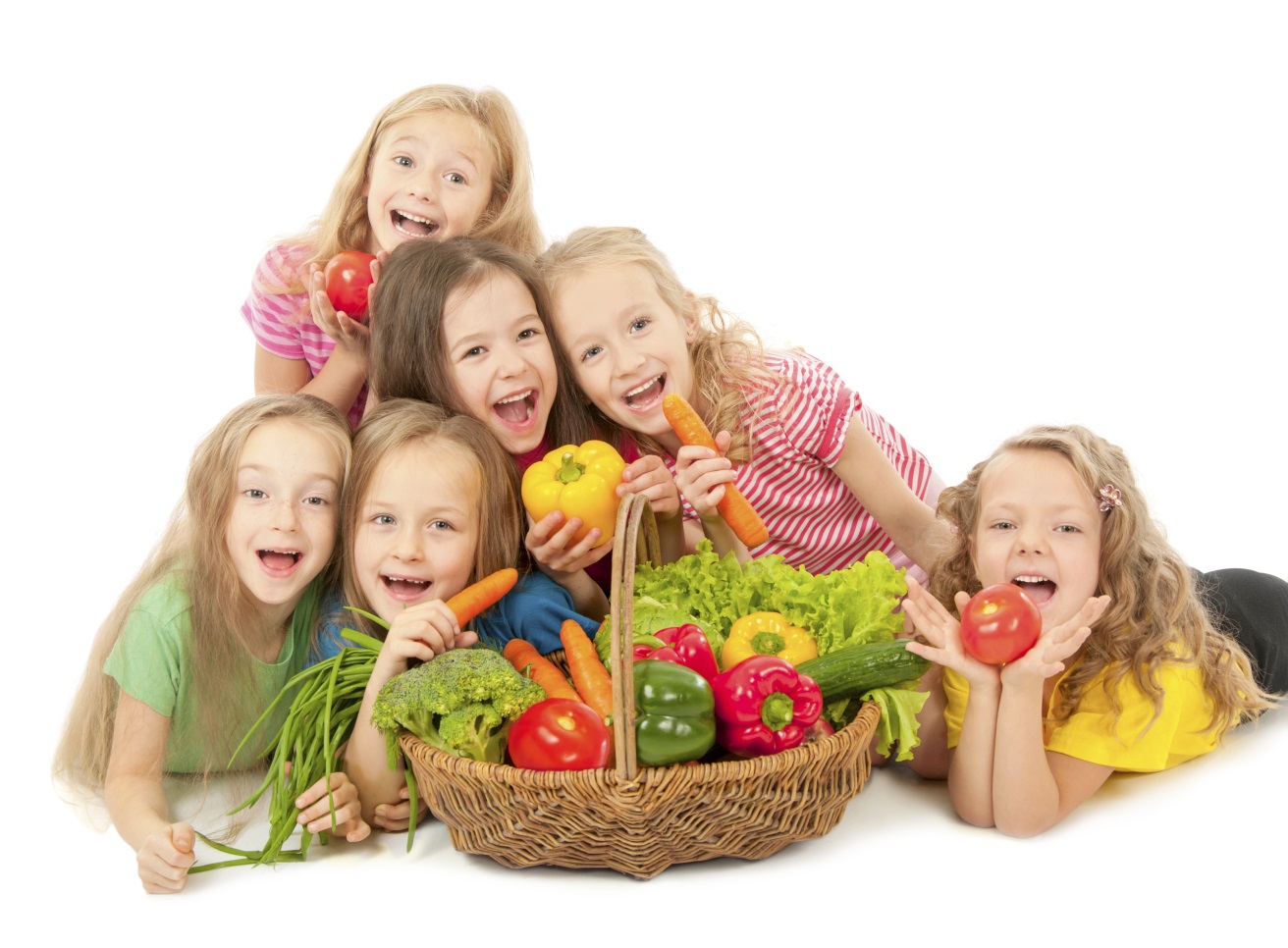6 Food Myths That Are Making Kids Fat
Childhood obesity expert reveals common food myths that are making kids gain weight According to the Centers for Disease Control and Prevention, obesity rates in children are twice what they were 30 years ago. Many parents are unsure why their children are seemingly unable to stop gaining weight. As a childhood obesity expert and Medical Director of Gramercy Pediatrics, I know several common food myths are making kids fat. There's a lot of confusion surrounding healthy food choices. A stroll down almost any supermarket aisle in the country, and customers will find products that advertise healthy ingredients, when in reality they can lead to weight gain in children. It can be confusing to decipher what the healthiest food options truly are. I suggest looking out for these hazardous eating myths when trying to make healthier choices for your children:
Myth 1: Foods Labeled "Diet," "Gluten Free," and "Organic" are Healthy Choices Food trends and product labels can mislead you into believing you're eating a healthy diet. When deciding what to feed growing children, it's important to look at foods as a whole. Look at things like sodium, artificial sweeteners, nutritional value, and calories. All of these play a role in determining if a food item is healthy or not. Sodium can lead to high blood pressure, even in children. Lowering sodium is especially important for children who are overweight in order to lower their risk for heart disease in the future. You should also look out for artificial sweeteners, which can make children want to eat more food, consequently consuming more calories than they otherwise would. Additionally, growing children need certain nutrients from their food. A slightly higher calorie meal might be a healthier option if it's providing significant amounts of vitamin A, vitamin B, vitamin C, vitamin D, iron, and/or calcium. Myth 2: Juice is a Healthy Drink for Kids Many parents believe that since fruit is healthy, fruit juice is great for their children. However, this high-calorie sugary beverage could be contributing to weight gain. Some argue that the drinks have great nutritional value because they can be rich in vitamins, but you're better off giving your child fresh fruit to eat, which also contains fiber that is lost in the juicing process. The excess calories from juice also fill children up so that they don't want to eat the solid foods that have fiber, protein, and healthy fats. Myth 3: Cereal is a Great Way for Children to Start the Day Cereal is an easy and tasty breakfast option for kids rushing to make the school bus. But beware, most child marketed cereal options contain more sugar than the standard dessert. Cereal can be tricky; misleading labels often advertise healthy ingredients, vitamins, and whole grains. But these boasted benefits can be outweighed by the sugar quantity. The excessive glucose can lead to a rapid increase in blood sugar as well as an increase in calorie consumption. I recommend reading food labels carefully to replace sugary cereals with healthier options. You need to keep a sharp eye out for sneaky sugar terms that may appear on boxes, such as organic molasses, bee honey, and organic sugar cane, which fool parents into believing that they're healthy cereals. Better breakfast options, like fruit, low-fat yogurt, eggs, and oatmeal, give kids the energy they need without packing on the pounds. Myth 4: Whole Wheat Bread is Healthy Bread There are fewer differences between white bread and whole wheat bread than most people believe. They both have high levels of glucose that are broken down into the bloodstream the same way. This not only causes weight gain but can lead to a more serious health problem, such as diabetes. If a package is labeled as whole wheat, it doesn't mean it contains the healthy grains children need. Processed whole wheat bread is almost entirely stripped of fiber. Be careful when reading bread labels and look for packages that read 100 percent whole grains. These healthier alternatives have been shown to allow for more balanced glucose level in children. Myth 5: Frozen Yogurt is a Healthy Dessert Option Frozen yogurt can be a healthier alternative to most ice creams, but that doesn't mean that it's the best option. Although most frozen yogurt is low-fat, it still contains more calories than most people imagine. A large cup of standard frozen yogurt is around 380 calories with 76 grams of sugar, not including toppings. Most kids prefer their flavored frozen yogurt with sugary toppings, which can be just as fattening as ice cream. Adding sprinkles, candy, and artificial syrups leads to potentially harmful levels of sugar. Instead, serve kids plain low-fat frozen yogurt with fruit. The fruit will sweeten up the yogurt without adding unnecessary, harmful sugars. Also, make sure to keep the portion sizes small to lessen the buildup of calories. Myth 6: Veggie Chips are a Healthy Alternative to Potato Chips This sneaky snack often contains the same number of calories as potato chips and can have the same weight gaining effects, too. The small serving of vegetables found in veggie chips are countered by the high amounts of potato and corn flour. The vital nutrients that vegetables contain are lost in the process when veggie chips are manufactured. Try cutting out the processed potato altogether and making healthy vegetable snacks at home. Kale baked with a small amount of olive oil and salt is crispy like a potato chip, without having the same unhealthy ingredients that can compromise children's health and weight. Retrieved From: https://goo.gl/fUxwdu
|
|





